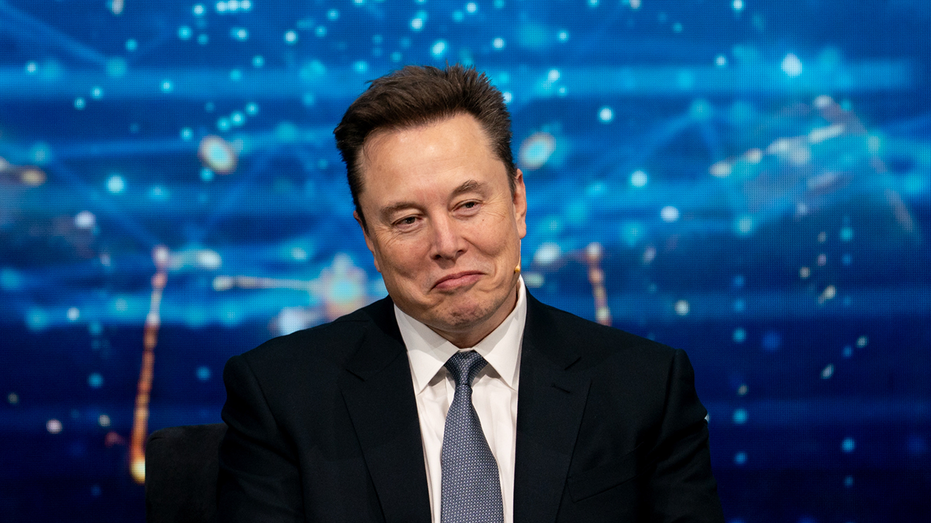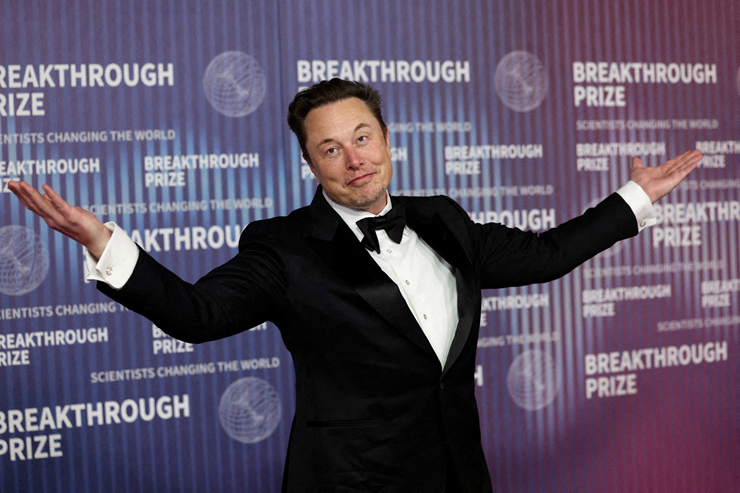A wave of disbelief washed over the audience. Cameras zoomed in as Elon Musk gripped the podium, fighting to hold himself together. For a long, painful moment, he said nothing. The air felt heavy — as if the entire world was holding its breath, waiting. Finally, his voice broke through the silence, a fragile whisper trembling beneath the weight of everything he had kept hidden. “I can’t carry this burden anymore,” he said, the words collapsing from his lips like a confession he wished he could take back.

He spoke of the sleepless nights, the crushing expectations, the storms behind closed doors that no investor call, no press conference, no triumphant launch could ever conceal. The brilliance, the ambition, the legend — all of it came at a cost he could no longer ignore. His voice cracked as he admitted, “I always thought sacrificing myself was worth it… but somewhere along the way I forgot what was left of me to save.” The studio had never been so silent, nor the world so loud.

Then came the moment no one expected — the breaking point. He revealed the hidden toll his journey had taken on his health, on his mind, on the pieces of his life that success had quietly consumed. “I pushed beyond the edge,” he said. “And now I have to face the consequences.” His shoulders trembled as he stepped back, looking suddenly small, fragile, human. Not a titan of industry. Not a visionary. Just a man finally admitting defeat.

As the speech concluded, Musk placed the microphone down with shaking hands. He did not look back. The world watched as he walked away from the podium — a symbol of triumph turning into a shadow of sorrow. And in that instant, one truth echoed louder than any breakthrough or invention he had ever created:
even the strongest fall.